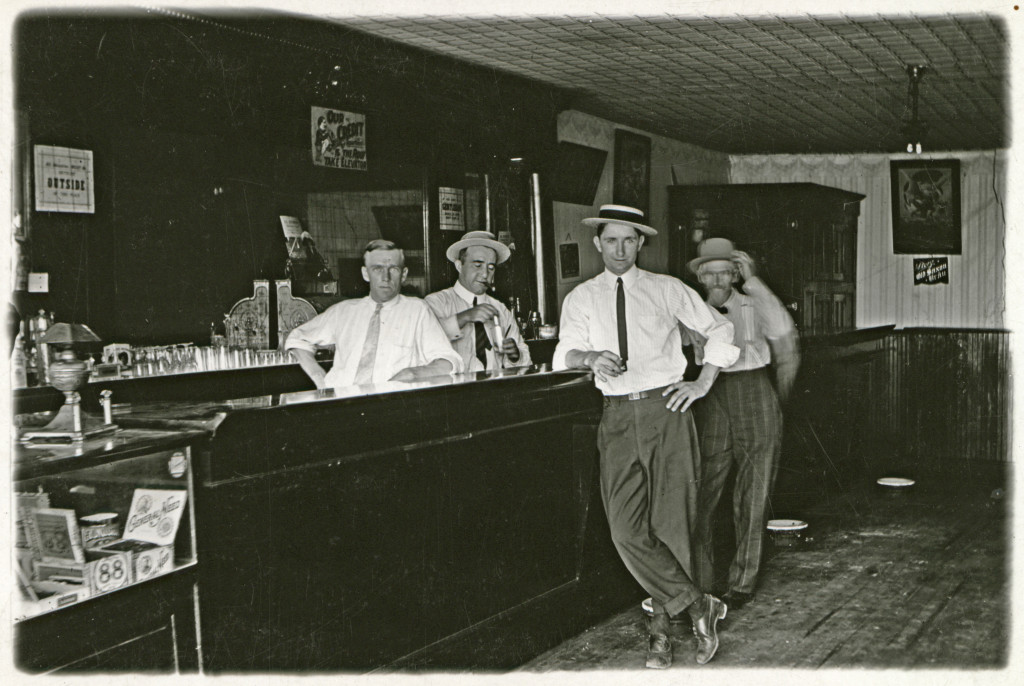
By Patricia C. Gaster, History Nebraska
During the late 19th century, spittoons became a common feature of saloons, hotels, stores, banks, railway carriages and other places where adult men gathered. Many localities passed laws against public spitting other than into a spittoon, but such laws were seldom enforced. Some people of this era objected to restrictions on where they could spit as an infringement on their individual liberty.
Nonetheless, anti-spitting sentiment was growing. The Norfolk Weekly News-Journal on Sept. 7, 1906, reported a recent move by the federal government to end spitting on the floors of federal buildings, ostensibly to prevent the spread of disease. The News-Journal said:
“In the Norfolk federal building, in several prominent places, there has been recently hung the following sign: ‘Please Do Not Spit on the Floor. To Do So May Spread Disease.’ There is no demand to stop the practice, but a kind request, the government believing that an appeal to the conscience of the general public through kindness will be more effective and will do more toward checking the practice than an ‘official command.’ As a result of the government’s extreme politeness in affixing the word ‘please’ to the notice there is already a noticeable decrease in the number who have unintentionally used the post office lobby for a place to expectorate.
“During the past year the movement to stop the increase of the ‘white plague’ [tuberculosis] has assumed gigantic proportions, but not more so than the increase of the disease. Realizing the deep inroads the plague is making into the ranks of the American people, especially those of the poorer classes, the government has started out to do its share in preventing its further spread, and the first step in this direction, known of in Norfolk is the new sign warning the people of the danger caused by their expectorating on the floors.
“Although there is a city ordinance, which provides a fine of from $1 to $10 for any person caught spitting in public places, halls, etc., it has not been enforced to any great degree, and the practice has become as common as before the passage of the ordinance, which in a measure for the time being, checked it. It has been pointed out that during the past year there has not been one arrest for violating this ordinance.
“Several of the local physicians, who have interested themselves in the disease and made a study of its causes and effects, are contemplating petitioning Mayor [John] Friday to order the chief of police to enforce the ordinance, and by so doing eliminate to a great extent the exposure of Norfolk people to the tubercular germs, which breed in great numbers in the sputum expectorated upon the walks by thoughtless persons.”
Visit History Nebraska’s website at history.nebraska.gov.
